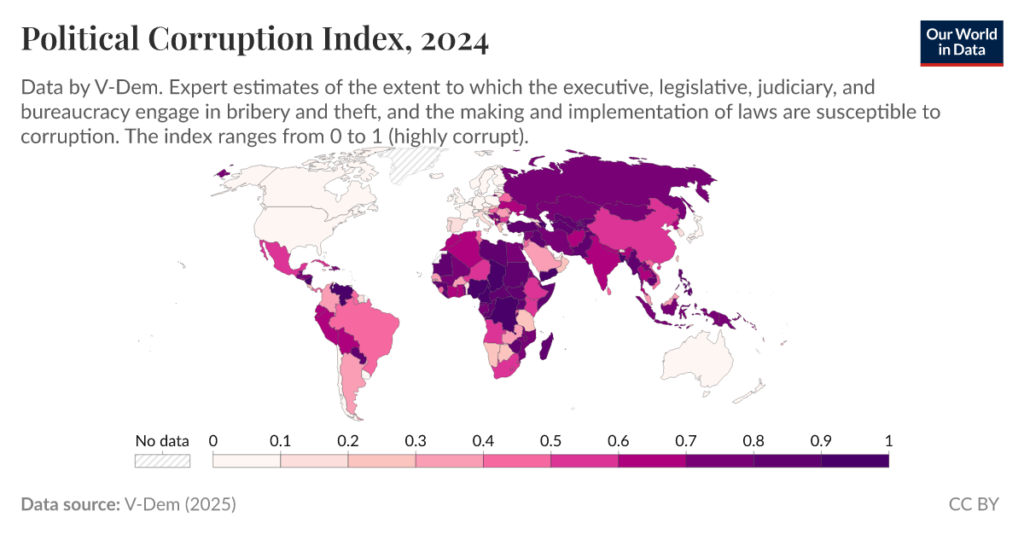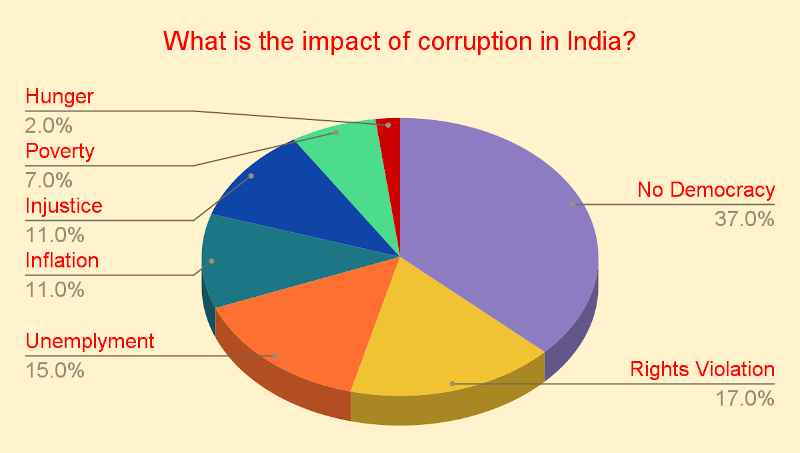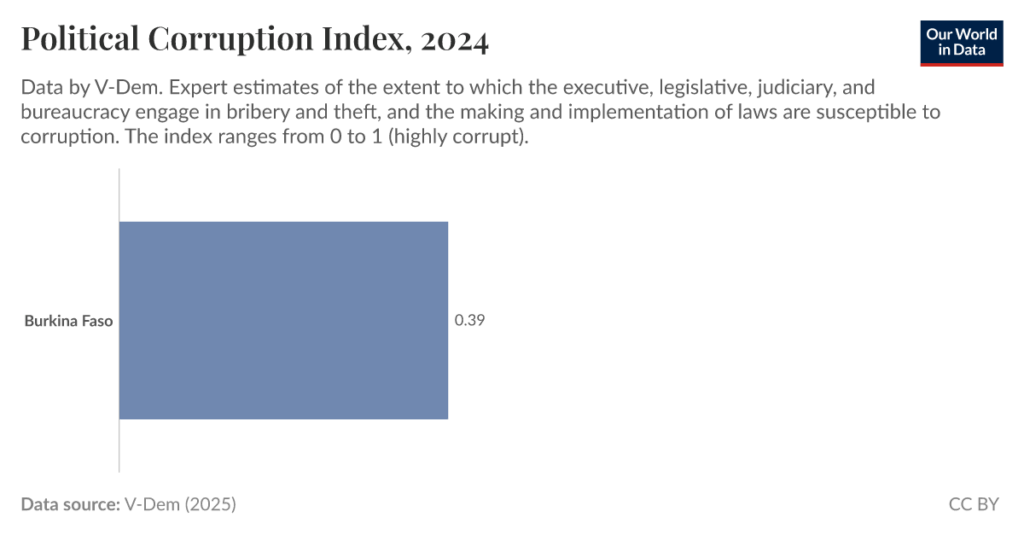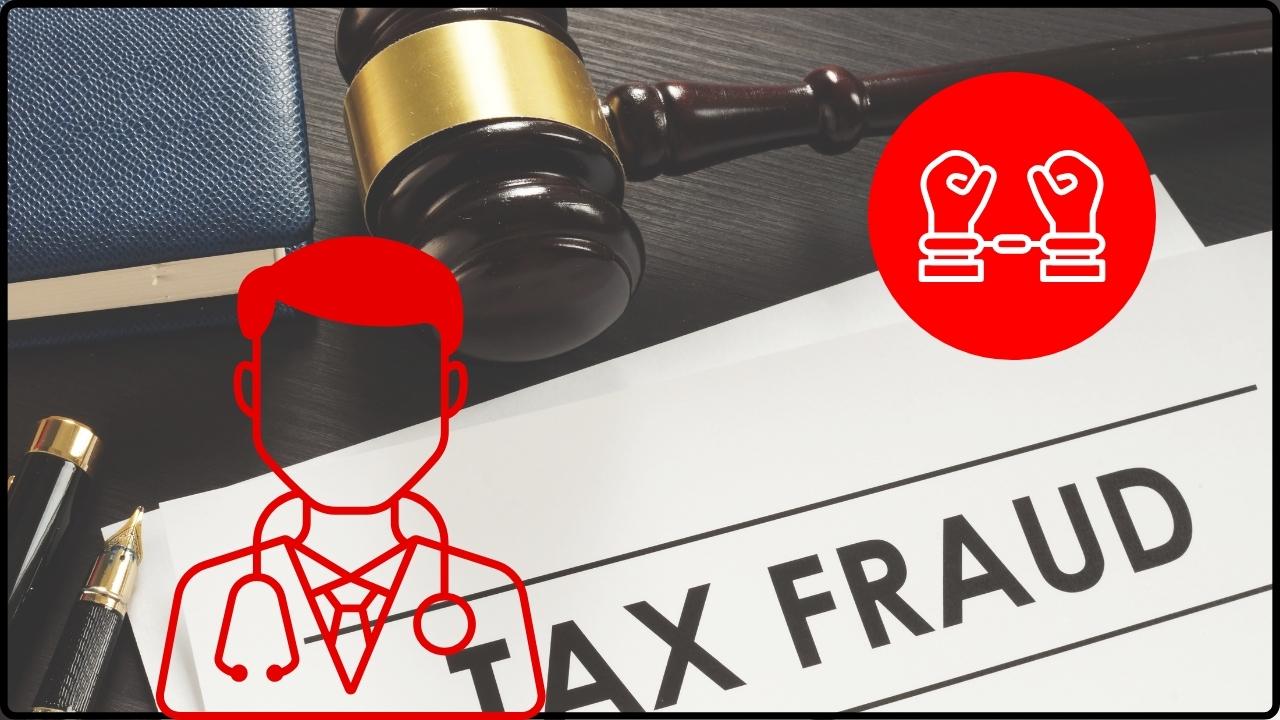State Tax Assistant Commissioner Caught Taking Bribe: When news broke that a State Tax Assistant Commissioner was caught taking a bribe, it stirred up a storm in Odisha and across India. For folks in the U.S., think of it like reading that an IRS official got busted for taking cash under the table to “make your tax penalty vanish.” Pretty shady, right? Well, that’s exactly what went down in Bhubaneswar, and it’s reignited debates about corruption, trust, and accountability in public service. This article is written to be clear enough for a 10-year-old to grasp, while still packed with insights for professionals, business owners, and policymakers. We’ll cover the case details, legal framework, historical background, real-world impact, and practical advice.
State Tax Assistant Commissioner Caught Taking Bribe
The State Tax Assistant Commissioner caught taking a bribe in Odisha is more than a headline—it’s a warning about how corruption undermines public trust and hurts businesses. It highlights the need for stronger oversight, simpler tax systems, and citizen vigilance. For small businesses, the lesson is clear: know your rights, document everything, and never fuel corruption by paying bribes. For governments, the call is to clean house and build systems where honesty isn’t punished, but corruption is.

| Category | Details |
|---|---|
| Who Was Involved | Sarita Barik, Assistant Commissioner of State Tax (CT & GST), Odisha |
| Incident Date | August 26, 2025 |
| Bribe Amount | ₹25,000 (about $300 USD) |
| Reason for Bribe | Waiver of Input Tax Credit penalty worth ₹2.27 lakh ($2,700) |
| Caught Where | Bhubaneswar, Madhusudan Nagar — sting operation |
| Action Taken | Arrest under Prevention of Corruption Act, raids at 3 properties |
| Official Website | Odisha Vigilance |
What Exactly Happened?
On August 26, 2025, Odisha Vigilance officers arrested Sarita Barik, Assistant Commissioner of State Tax, while she was allegedly accepting a ₹25,000 bribe.
The case began with a show-cause notice issued to a bakery owner, demanding ₹2.27 lakh (about $2,700) in Input Tax Credit (ITC) reversal for the fiscal year 2020–21. Instead of following proper procedure, Barik allegedly told the business owner: pay ₹25,000 and the penalty goes away.
But the business owner took a stand. They reported the demand to Odisha Vigilance, who set up a sting operation. Officers caught Barik red-handed in her vehicle, with the cash in hand. The bribe amount was recovered, and searches began at her properties to check for disproportionate assets.
Why State Tax Assistant Commissioner Caught Taking Bribe Case Matters?

Corruption in tax departments isn’t rare, and it hits harder than many realize. For small businesses, it’s not just about money—it’s about survival. If owners keep paying bribes, they lose resources that should go toward growth. If they refuse, they risk harassment or delays.
According to the World Bank, corruption increases the cost of doing business by as much as 10% worldwide. In India alone, studies estimate billions are lost every year to bribery and under-the-table deals. Globally, the UN estimates corruption drains $2.6 trillion annually, almost 5% of the world’s GDP.
For governments, corruption undermines tax revenue, weakens trust, and discourages foreign investors who see it as a risk. For citizens, it erodes faith in the fairness of governance.
Historical Context: Corruption in Tax Departments
This isn’t an isolated event. Tax departments have long been vulnerable to bribery due to their authority over compliance, penalties, and refunds.
- In India, the 1996 “Hawala scandal” revealed widespread bribery networks involving politicians and officials.
- In 2011, the 2G spectrum scam cost the Indian exchequer billions and became a landmark case in corruption history.
- In the U.S., while cases of IRS officials directly taking bribes are rare, IRS impersonation scams have tricked thousands of Americans into paying fake “penalties.”
What connects all these cases is the opportunity created by complex rules and unequal power dynamics.
The Legal Side: What the Law Says
Barik faces charges under the Prevention of Corruption (Amendment) Act, 2018, which specifically targets public servants demanding illegal gratification.
- Punishment: Minimum 3 years, up to 7 years in prison, plus fines.
- Seizures: Authorities can investigate assets disproportionate to known income.
In the U.S., bribery of officials is governed by 18 U.S. Code § 201, which carries up to 15 years in prison and fines up to three times the bribe amount. This makes it one of the most serious federal crimes.

Breaking Down Input Tax Credit (ITC)
To understand why this case matters, let’s simplify ITC:
- What is ITC? When businesses buy goods or services, they pay tax. Later, they can deduct that tax from their final tax bill.
- Why reversal? If the purchase wasn’t eligible (e.g., used for personal use, not business), the credit must be reversed, and tax repaid.
- Problem: Rules are complex, and disputes are common—creating opportunities for corruption.
In Barik’s case, the bakery allegedly had an ITC reversal demand. Instead of resolving it transparently, a bribe was solicited.
Impact on Citizens and the Economy
- For Businesses: Bribes act like an extra tax, making it harder to stay competitive.
- For Taxpayers: Honest people pay more because corrupt systems leak revenue.
- For Government: Corruption reduces tax collection, which funds infrastructure, schools, and hospitals.
- For Reputation: International investors hesitate to enter markets perceived as corrupt.
Transparency International’s 2024 Corruption Perceptions Index ranked India 93rd out of 180 countries. Countries with lower corruption, like Denmark and Finland, consistently attract more stable investments.
Step-by-Step Guide: How to Report Corruption
In India
- Call the Odisha Vigilance Helpline at 0674-2390980.
- Submit online complaints via the Vigilance website.
- Document evidence: emails, recordings, or written notes.
- Request whistleblower protection under Indian law.
In the U.S.
- Contact the FBI via their tip line: 1-800-CALL-FBI.
- Report to Inspector General Offices for federal departments.
- Use the IRS Whistleblower Office for tax-related fraud.
Professional Insights
From a compliance perspective, corruption flourishes when:
- Laws are overly complex.
- Oversight is weak.
- Bribes are culturally normalized.
The solution?
- Simplify rules to reduce “gray areas.”
- Invest in digital monitoring tools that track transactions.
- Educate businesses about their rights and reporting tools.
- Enforce penalties consistently to set an example.

How Corruption in Tax Systems Affects Ordinary Citizens?
It’s easy to think bribery only impacts business owners or government officials, but the ripple effects reach everyone.
- Higher Prices for Consumers
When businesses pay bribes, those costs don’t just disappear. They often get passed along to everyday customers in the form of higher prices. A bakery paying off an official may hike bread prices just to survive. - Unequal Treatment
Corruption creates a two-tier system: those who can afford to pay bribes and those who can’t. This means smaller players often lose out while bigger companies exploit “shortcuts.” - Loss of Public Trust
Surveys consistently show that corruption lowers trust in government. According to Transparency International’s 2024 report, 86% of Indians believe corruption is widespread. Distrust makes citizens less likely to pay taxes voluntarily, weakening the system even more. - Reduced Public Services
Every rupee lost to corruption is a rupee not spent on schools, hospitals, or roads. In countries with high corruption, social programs are often underfunded, and the gap between rich and poor widens. - Youth and Employment Impact
Young people, especially job seekers, face discouragement when they see bribery as the “only way” to move forward. Over time, this normalizes unethical behavior, creating a cycle that’s hard to break.
Example: In India, delays in getting licenses or tax clearances often drive small startups to pay bribes just to launch operations. Compare that with countries like Denmark—ranked the least corrupt by Transparency International—where the business environment is more transparent and fair, leading to stronger innovation and entrepreneurship.
Similar Cases in Recent Years
- July 2025: Hyderabad’s Deputy State Tax Officer M. Sudha was caught accepting an ₹8,000 bribe for GST registration.
- 2024: CBI charged an IRS officer in a ₹25 lakh bribery case involving a middleman.
- Earlier Trends: Multiple GST officials across India have been suspended over bribery complaints since the rollout of GST in 2017.
₹332 Crore Bogus Copper Supply Scam Uncovered in Telangana Tax Fraud Raid
Income Tax Department Raids Over 10 Locations Across Tamil Nadu
36 Shops Sealed in Indore – Property Tax Non-Payment Crackdown Intensifies






